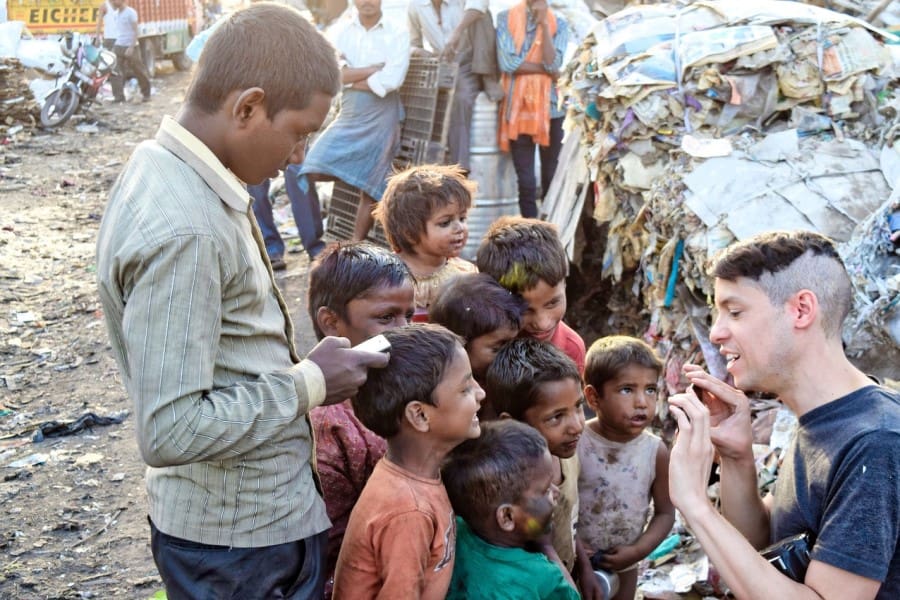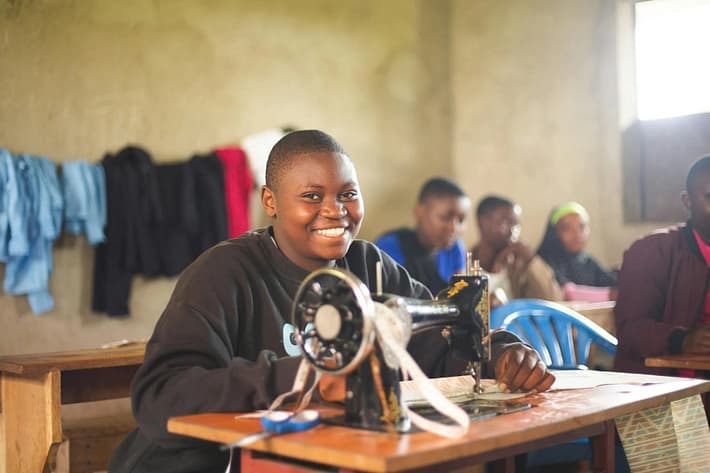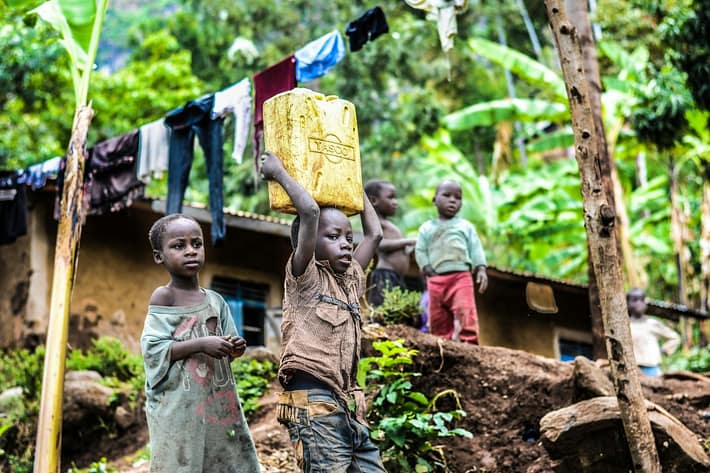10 Ways Nonprofits Help Fight Poverty

Poverty remains one of the most pressing issues globally, affecting millions of people and impeding social and economic progress. Nonprofit organizations play a crucial role in combating poverty by addressing its root causes and providing support to those in need. This article explores the multifaceted ways in which nonprofits help fight poverty and create lasting change around the world.
1. Providing Basic Needs
Food Security
Nonprofits often run food banks, soup kitchens, and nutritional programs to ensure that individuals and families have access to adequate food. Organizations like Feeding America and the World Food Programme distribute millions of meals annually, tackling hunger directly.
Shelter and Housing
Many nonprofits focus on providing safe and affordable housing. Organizations like Habitat for Humanity build homes for low-income families, while shelters offer temporary housing for the homeless. These efforts are essential for ensuring that everyone has a secure place to live.
2. Improving Access to Education
Early Childhood Education
Nonprofits such as Save the Children and UNICEF work to provide early childhood education, which is crucial for cognitive and social development. These programs lay a strong foundation for lifelong learning and help break the cycle of poverty.
Scholarships and Financial Aid
Nonprofit organizations often offer scholarships, grants, and financial aid to students from low-income families. This support makes higher education accessible to more people, enabling them to acquire the skills needed for better-paying jobs.
3. Enhancing Healthcare Services
Clinics and Medical Aid
Nonprofits like Doctors Without Borders and the Red Cross provide medical services in underserved areas. They run clinics, offer vaccinations, and deliver essential health services to those who cannot afford them.
Health Education
Organizations also focus on health education, teaching communities about hygiene, nutrition, and disease prevention. This knowledge empowers individuals to take control of their health and reduces the burden of disease.
4. Economic Empowerment
Microfinance and Small Business Support
Nonprofits such as Kiva and Grameen Bank offer microloans to individuals in poverty, enabling them to start or expand small businesses. This financial support fosters entrepreneurship and creates jobs, lifting communities out of poverty.
Job Training and Skill Development
Organizations provide vocational training and skill development programs, helping individuals acquire marketable skills. This training improves employability and opens up new economic opportunities.
5. Advocacy and Policy Change
Raising Awareness
Nonprofits raise awareness about poverty and its causes through campaigns and education programs. By highlighting the issue, they garner public support and drive action.
Influencing Policy
Many organizations work to influence public policy, advocating for changes that benefit low-income individuals and families. This can include lobbying for minimum wage increases, affordable housing policies, and improved social services.
6. Community Development
Infrastructure Projects
Nonprofits invest in community infrastructure projects such as building schools, clinics, and clean water facilities. These projects improve the quality of life and create a foundation for economic growth.
Community Organizing
Organizations often engage in community organizing, empowering residents to take an active role in addressing local issues. This collective action can lead to sustainable improvements and stronger communities.
7. Disaster Relief and Resilience
Emergency Response
Nonprofits are often on the front lines of disaster response, providing immediate aid to those affected by natural disasters or conflicts. This aid includes food, water, shelter, and medical care.
Long-Term Recovery
Beyond immediate relief, organizations also focus on long-term recovery and resilience. They help communities rebuild and prepare for future disasters, reducing vulnerability and ensuring sustainable recovery.
8. Environmental Sustainability
Sustainable Practices
Nonprofits promote sustainable agricultural practices and environmental conservation. By teaching communities how to manage natural resources responsibly, they help ensure long-term food security and economic stability.
Renewable Energy Projects
Organizations invest in renewable energy projects, providing communities with access to clean and affordable energy. This reduces dependence on fossil fuels and mitigates the impacts of climate change, which disproportionately affects the poor.
9. Social Services and Support Systems
Counseling and Mental Health Services
Nonprofits provide counseling and mental health services, addressing the psychological impacts of poverty. This support is essential for helping individuals cope with stress and build resilience.
Legal Assistance
Organizations offer legal assistance to those facing issues such as eviction, discrimination, and employment disputes. Legal support helps protect the rights of the poor and ensures access to justice.
10. Building Partnerships and Collaborations
Working with Governments
Nonprofits often collaborate with government agencies to implement large-scale poverty reduction programs. These partnerships leverage resources and expertise, enhancing the effectiveness of interventions.
Collaborating with Businesses
Many organizations also work with businesses to create corporate social responsibility programs. These partnerships can provide funding, resources, and volunteer support, amplifying the impact of nonprofit efforts.
Nonprofits Help Fight Poverty Conclusion
Nonprofit organizations are vital in the fight against poverty. Through a combination of direct aid, education, economic empowerment, advocacy, and community development, they address both the symptoms and root causes of poverty. By leveraging partnerships and focusing on sustainable solutions, nonprofits create lasting change and pave the way for a more equitable and prosperous world.
Help Nonprofits Fight Poverty
At End Poverty Now, our ability to make a difference hinges on the kindness of donors like you. Your support provides crucial resources, opportunities, and hope to those in need. Whether you choose to make a one-time donation or become a recurring donor, every contribution helps us on our mission to end extreme poverty.
End Poverty Now welcomes cash donations, but we also specialize in accepting donations of hard-to-sell assets such as real estate, aircraft, vehicles, and boats. These contributions help fund projects dedicated to alleviating poverty both domestically and internationally. Please see how you can help end poverty and thank you for considering us in your philanthropic efforts.
End Poverty Now is a 501c3 nonprofit charity accepting cash donations and specializing in donations of hard-to-sell assets such as real estate, aircraft, vehicles, and boats to fund projects aimed at fighting poverty at home and abroad.


